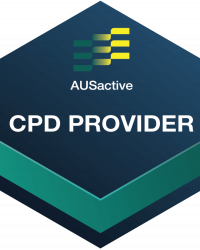Mat Repertoire
Abdominal Work:
Leg Pull Back
Alternate Names
Back Support
Derived From
Classical Mat Work: Leg Pull Back
Primary Element
Strength
Why for Primary?
To create and develop hip flexor strength, or strength when kicking the legs forward of the pelvis or torso whilst lifted in a reverse plank position.
Secondary Element
Stability
Why for Secondary?
To create and develop torso and pelvis stability whilst kicking the legs forward and upwards.
Tertiary Element
N/A
Why Tertiary?
N/A
Repetitions
4-6 each side
Plane of Motion
Sagittal
Targeted Muscles
To create pelvis stability and balance the weight of the legs the targeted muscles are the deep abdominal muscles transversus abdominis.
To extend the legs and lift them up and forwards of the torso the hip flexor muscles are used including:
- Psoas
- Iliacus
- Rectus femoris
Warnings
This exercise may be unsuitable for clients where torso flexion or engagement of the abdominals is contraindicated.
The exercise may be difficult for clients who present with tight hip flexor muscles. Hip flexor stretches may be beneficial before this exercise to assist with a range of motion.
It may also be difficult for clients who present with tight shoulders or where shoulder load may cause pain or discomfort.
Execution
Sit tall on the Mat with the arms behind the torso fingers facing forwards. Note if this causes wrist load try the fingers facing outwards. Extend the legs out straight. Engage the gluteals and lift the hips upwards aiming for a line from the collar bones to the heels. Maintain a posterior pelvic tilt and lift the legs one at a time up and off the Mat in a ‘kick’ position. Try to stand into one leg before lifting the other.
Observations
Do a body scan of the client taking note of the following points
- Head and Neck
- Is the back of the neck long and crease-free? A slight retraction of the neck with the chin tucked can help avoid straining the neck
- Pelvis
- Is the pelvis still throughout or is the torso rocking throughout the movement?
- Is the client able to keep a slight posterior pelvic tilt throughout?
- Arms
- Are the arms assisting with the lift of the torso and pressing actively up and against the Mat?
- Are the shoulders up and back with the support coming from the shoulders, not the elbows locking?
- Legs
- Are the legs lifting from the thighs? If there’s pressure in the back of the knees try to think about lifting up from higher up at the hips and keeping the torso stabilisers engaged
Learning Style Technique Cues
Auditory – word associations that connect mind and body
- Aim for sequential movement of the spine as the torso lifts and lowers
- Sweep the arms around and upwards to assist with the torso lifting
- Say the client’s name when you’re about to interact with them
Visual
- Imagine lifting upwards like Abdominal Work: The Hundred – Double Leg Stretch but lifting higher
- You may demonstrate a part of the movement as a visual representation for the client to see, for example with the arms moving like the legs
Kinaesthetic
- Avoid arching the spine when the legs lift
- Reconnect into the transversus abdominais just before the legs lift and lower
Modifications and Variations
Regress the exercise by
- Practicing a static hold in the Back Support/Plank position before adding a lift of the leg/s
- Practicing a static hold in the Back Support/Plank position and transferring weight from one heel to the other as if you’re about to lift the opposite leg
- Bend the knees and lift the hips up into a table position with a 90-degree angle from the thighs and shins
- Working on Back Extension: Swimming
- Working on Back Extension: Double Leg Kick
Progress the exercise by
- Increasing the pace of the repetitions
- Lifting the legs upwards and higher
Series and Transitions
This exercise is part of the Abdominal Work series which includes a range of other exercises in the fundamental and progressive repertoire. The Abdominal Work series can also be found in the Reformer and Cadillac repertoire.
The traditional order of the Abdominal Work series is
- Single Leg Stretch
- Double Leg Stretch
- Hamstring Pull or Single Straight Leg Stretch
- Double Leg Lower (not included in the Inspired Academy repertoire, however a similar exercise can be found in the Reformer Feet in Straps: Double Leg Lowers)
- Criss Cross
Inspired Academy follows the order to create stability and mobility before building strength.
Warm Up repertoire
Fundamental repertoire
Progressive repertoire

